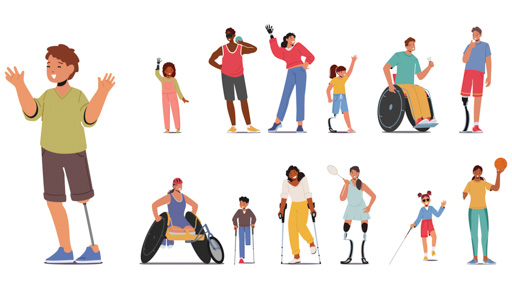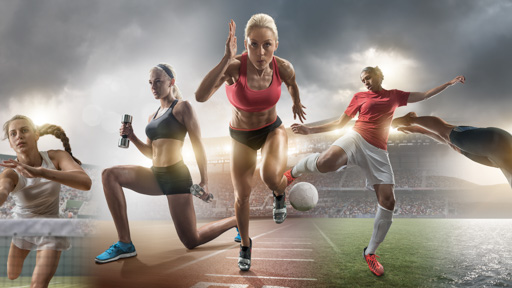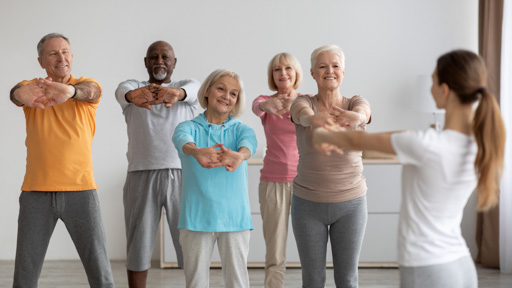Sport and Social Inclusion Research Group
Sport and physical activity have significant potential to address social inequalities, and create fair and equitable opportunities for everyone to participate in society. In so doing, sports can promote inclusiveness, challenge stereotypes, and in keeping with the University’s Strategic Plan, transform lives.
The Sport and Social Inclusion Research Group (SSIRG) provides a research-led approach to social inclusion in and through sport, making knowledge accessible to inform policy and practice.
What we provide
- Support for Early Career Researchers and doctoral candidates
- Global networks for collaboration and research mentoring
- Development opportunities to facilitate impactful research
- Accessible resources to stay up to date
- Developing and sharing knowledge to inform policy and practice
Case studies
Disability Sport Information
Background
Constraints to providing sports participation opportunities for disabled people can sometimes be the result of a lack of awareness and understanding of disability and what exists (Brown & Pappous, 2018). This project aims to help address some of this by providing an open and publicly available educational tool on disability sport.
What has been done
Disability Sport Info is a public engagement initiative to communicate academic insights on disability sport to the wider public. The podcast, Disability Sport Info, was placed 3rd in the Best Equality and Social Impact category in the Sports Podcast Awards 2023, and features episodes on the Paralympic Games, grassroots sport, high-performance sport, and sport spectatorship.

Gender Equity and Sport
Background
Members of the SSIRG group are actively involved in research related to gender equity in sport as (1) the Research Lead for the International Working Group on Women and Sport (IWG); (2) gender equity in sports leadership, including the management of the Women in Sport High Performance Pathway (WISH); (3) gender in sports diplomacy.
Gender in sports diplomacy: What has been done
Members of the team have published an integrated literature review to understand what sports diplomacy academic research has been published; explored a comparative case study of the UK and Australian sports diplomacy activities to better understand the operationalised nature of sports diplomacy; and examined how the intersectionality of gender influences sports diplomacy work.

Physical Activity for Older Adults Living with Dementia
Background
Physical activity can improve the wellbeing of people affected by dementia and their family carers. Activities may also help people living with dementia to feel connected with their local community. The current project examined the provision of physical activities by Dementia Friendly Communities in England for older adults living with dementia and the strategies used to engage this population in the planning and running of activities.
What has been done
A mix of research methods were used including: a survey completed by the leads of Dementia Friendly Communities, detailed case studies of three Dementia Friendly Communities with different experiences of providing physical activity, interviews and focus groups with key stakeholders and documentary analysis. All stages of the project involved ‘experts by experience’ from Patient and Public Involvement (PPI) groups.
